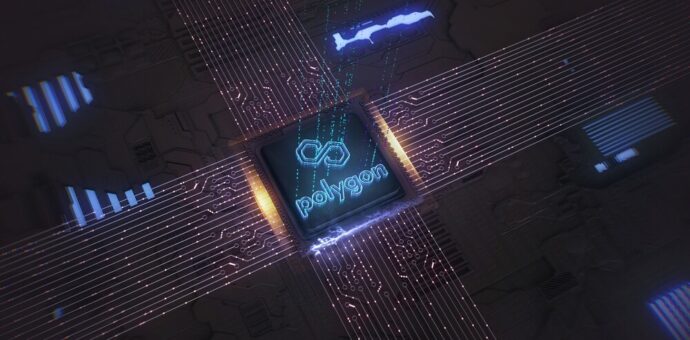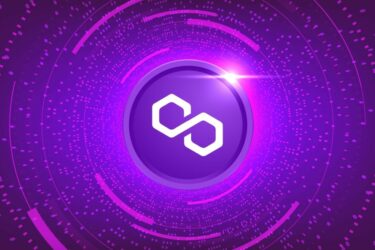To provide a better user experience, Polygon is already developing a series of updates that can even impact the Ethereum network. The so-called rollups can considerably increase the scalability of the blockchain.
But what are the rollups developed by Polygon, and why do they have such a significant impact on the user experience of the Ethereum network?
Read on to understand more!
What are rollups?
Rollups are decentralized solutions that compile – or “roll up” – a series of transactions into a single and return it to the Ethereum network. Because they happen off-chain, that is, out of the mainnet, the speed and volume of transactions increase.
That´s because processing the information becomes much faster and easier. In addition, as a consequence of these changes, transaction costs are also reduced and directly impact the experience of all users of the Ethereum network.
Considered one of the leading blockchains on the market, Ethereum is a widely used network for developing dApps, tokens, smart contracts, and other decentralized solutions. Therefore, Polygon believes rollups can benefit the entire crypto ecosystem, especially DeFi.
What are Polygon’s rollups, and what do they change?
Scheduled to launch in 2023, Polygon rollups serve as a logging alternative to Ethereum’s mainnet. But what do they change in practice?
Polygon ZK rollup
The primary solution under development by Polygon is the ZK rollup. The platform will use a consensus mechanism known as zero-knowledge proof, where transactions are carried out off-chain.
Then, the data generated in off-chain transactions are aggregated by Polygon’s solution, which then records the information on Ethereum into a single on-chain transaction.
The information managed in the Polygon ZK rollup is validated mathematically. Even with the data recorded off-chain, the zero-knowledge proof mechanism allows for rapid integration with the Ethereum mainnet.
Polygon Myden
Polygon Myden is a rollup that also uses the zero-knowledge proof mechanism to validate data, with compatibility with Ethereum Virtual Machines (EVMs).
The solution uses validation proofs known as Scalable Transparent Arguments-of-Knowledge (STARK). This rollup can support up to five thousand transactions with each new block of data or even one thousand transactions per second.
Polygon Zero
In total, Polygon has invested US$ 1 billion in the zero-knowledge proof engine used in the rollups. In addition to the ZK rollup, the developers are working on Polygon Zero, which will act as a computational power manager for the solution.
Validating data through the zero-knowledge proof mechanism is often costly in addition to delaying confirming the information. However, Polygon Zero can solve this problem by using proofs for data validation, known as recursive.
These proofs are generated by another mechanism, Plonk2, which is part of the Mir Protocol, and has been used in the crypto market to increase the scalability of DApps, which uses the zero-knowledge proof mechanism.
In practice, Polygon Zero validates the data of each transaction off-chain before the data is even inserted into Ethereum. The solution can support up to 3 thousand transactions per data block and needs only 0.17 seconds to validate the information on the main chain.
Polygon Hermez
The Polygon Hermez solution runs on the Ethereum chain and has a proof-of-efficiency mechanism to validate smart contracts on the network. The rollup uses sequencers to aggregate the transactions that will later be inserted into the mainnet.
In addition to sequencers, Polygon Hermez uses the zero-knowledge proof mechanism to validate data on Ethereum, and aggregators manage this information.
Learn more about the technology behind the Polygon network at this link.







